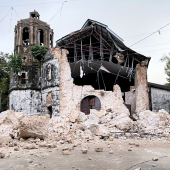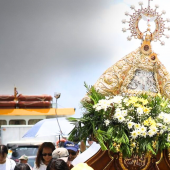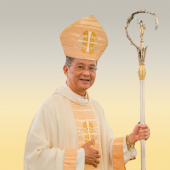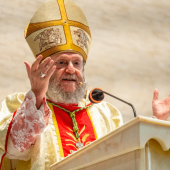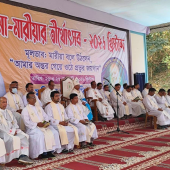Redemptorist Missionaries, Geese in V-Formation, and a Cooperative that Lifted Many Lives
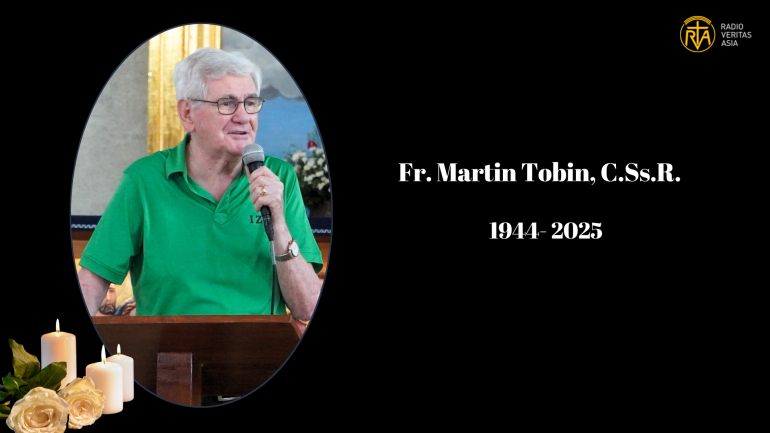
Fr. Martin Tobin, C.Ss.R., was found dead in his room at the Redemptorist House in Cebu City on September 6, 2025. He was 81 years old. His funeral Mass was held on September 12 at the Perpetual Help Parish Church in Tacloban City.
Fr. Tobin was among the Redemptorist missionaries who, in the 1960s, sought to alleviate the poverty of the people by helping establish what has now grown into the Perpetual Help Community Cooperative, Multipurpose Cooperative (PHCCI MPC), Tacloban. The cooperative turned around the fortunes of thousands of Filipinos.
At the celebration of PHCCI MPC’s 32nd anniversary in 2000, Fr. Tobin used the story of geese flying in V-formation as a metaphor to encourage members to remain faithful to cooperative principles, universal guidelines that help put into practice the values of self-help, democracy, equality, and solidarity.
He told them: “In the fall, when you see geese heading south for the winter, flying in V-formation, you might be interested to know that as each bird flaps its wings, it creates uplift for the one immediately behind it. By flying in formation, the whole flock increases its flying range by at least 71% compared to flying alone.
Whenever a goose falls out of formation, it feels the drag of trying to fly alone and quickly returns to take advantage of the power of the flock. When the lead goose gets tired, it rotates back, and another takes over. Geese honk from behind to encourage those in front to keep up their speed. And when one goose is sick or wounded, two geese fall out to help and protect it, staying until it recovers or dies, then they rejoin another formation to catch up with the flock.
If we have as much sense as a goose, we will stay in formation, share information, and continue to stick together.”
As if to remind members of their mission to help the poor, Fr. Martin visited the Tacloban cooperative office on July 5, 2025, to reconnect with parishioners. Wearing a lime green polo shirt, the cooperative’s color, he offered well wishes and posed for photos with members.
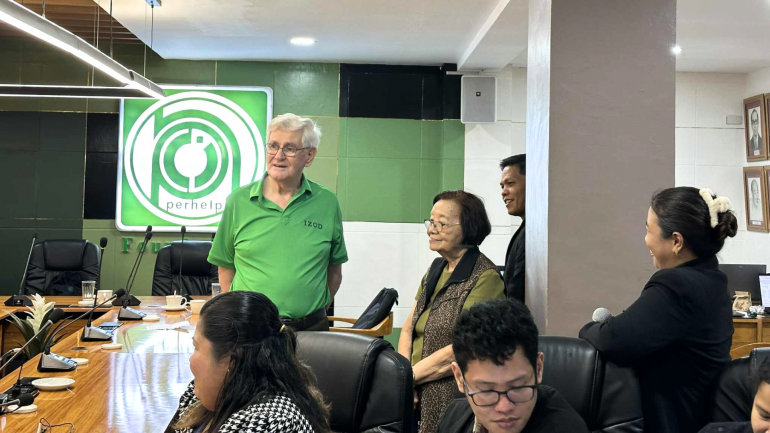
Parishioners of Perpetual Help Parish and members of PHCCI MPC Tacloban mourn the passing of their former parish priest, who served them for 23 years. Many recall him with gratitude for guiding the cooperative in its early, fragile years. Former chairperson Evelyn Clarin recalls Fr. Tobin as a humble servant of God and a source of strength and inspiration, always present and eager to help.
The cooperative’s beginnings are inseparable from the mission of the Redemptorists in the Philippines. On June 30, 1906, seven missionaries from Ireland and Australia arrived in Opon (now Lapu-Lapu City, Cebu). Six decades later, some 65 newly ordained Irish priests came to the Visayas to work in Cebu, Leyte, and Samar.
In 1959, the Cebu Vice Province welcomed the first Filipino Redemptorists, Fathers Ramon Fruto and Fernando Yusingco. Fr. Fruto, now 94, is preparing to launch his second book, while Fr. Yusingco has since passed on. Fr. Allen O’Brien, C.Ss.R., who arrived in 1968, said that of those 65 pioneers, three are still active, while six have returned to Ireland and continue light mission work.
The early Redemptorists were deeply influenced by the Second Vatican Council, which emphasized the Church’s engagement with the modern world. In Tacloban City, this message resonated, and the missionaries sought ways to uplift the poor around the parish. Then parish priest Fr. Flan Daffy, C.Ss.R., inspired by the successful cooperative model of the Scarborough Missionaries in Hinundayan, tapped Fr. Abdon Josol, C.Ss.R., and Canadian ex-priest Anthony “Tony” Martin to help organize a cooperative.
In 1968, PHCCI was officially established with 33 founding members and assets of just over ₱1,200. Despite many struggles, scarce resources and leadership challenges, it survived and thrived.
Today, PHCCI MPC Tacloban is one of the country’s most successful cooperatives, with assets exceeding ₱2 billion and some 100,000 members as of 2024. Yet, its mission remains the same: to serve the poor and marginalized.
As founding father Fr. Flan Daffy once said: “PHCCI must go into the highways and byways… and proclaim to all the ‘little people’ every service and resource the Co-op has to offer.”
Radio Veritas Asia (RVA), a media platform of the Catholic Church, aims to share Christ. RVA started in 1969 as a continental Catholic radio station to serve Asian countries in their respective local language, thus earning the tag “the Voice of Asian Christianity.” Responding to the emerging context, RVA embraced media platforms to connect with the global Asian audience via its 21 language websites and various social media platforms.









